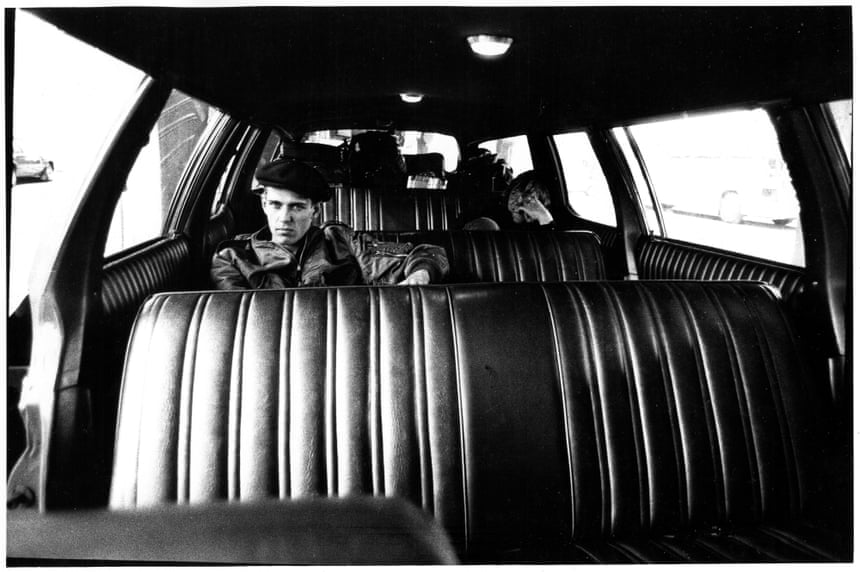29 November 2019
28 November 2019
Jupiter
Wyeth, Jupiter, 1994
CONNECT
On Thanksgiving Day, invite your family and friends to step outside about 45 minutes after sunset and look low toward the southwest sky for a spectacular gathering of a thin crescent moon and the two brightest planets, Venus and Jupiter. Jupiter will be nearly 5 degrees to the right of Venus, while a slender sliver of a crescent moon hovers less than 1½ degrees above Venus.
26 November 2019
25 November 2019
Corrective.
Two sounds of autumn are unmistakable, the hurrying rustle of crisp leaves blown along the street or road by a gusty wind, and the gabble of a flock of migrating geese. Both are warnings of chill days ahead, fireside and topcoat weather.
Autumn ends, not by the calendar, but by the season itself. The leaves are gone, save those few parched hangers-on that will cling the Winter through to the twigs of oak and beech and ironwood.
Hal Borland
Sacrifice.
A hero’s welcome home took place at John Glenn International Airport Saturday evening.
Thank you for your service and sacrifice, Chief Petty Officer Kenton Stacy.
Kurt has the story and the background, HERE.
Oyster.
INGREDIENTS
12 tablespoons/1 1/2 sticks unsalted butter, divided, plus more for baking dish
1 (8-inch-square) baked and cooled cornbread, preferably on the sweet side
15 slices white or wheat bread, toasted and cooled
½ large white onion, finely chopped
2 celery ribs, finely chopped
½ large green bell pepper, finely chopped
½ cup chicken broth, plus more as needed
2 dozen freshly shucked or jarred oysters, preferably Gulf oysters, drained and coarsely chopped (reserve the oyster liquor)
¼ cup freshly squeezed lemon juice
1 tablespoon hot sauce, preferably Crystal
¼ cup fresh flat-leaf parsley, finely chopped
1 tablespoon fresh sage, finely chopped, or 1 teaspoon ground sage
1 ½ teaspoons truffle salt or sea salt
½ teaspoon ground white pepper
PREPARATION
Step 1
Heat oven to 350 degrees. Butter a 9-by 13-inch baking dish.
Step 2
Crumble cornbread into a large bowl. Tear toasted white or wheat bread into very small pieces, add to cornbread, and toss to combine.
Step 3
Melt 8 tablespoons butter in a large sauté pan over medium heat. Add onion, celery and bell pepper; sauté, stirring occasionally, for 3 minutes. Cover pan and cook, stirring occasionally, until vegetables are almost translucent, 5 to 6 minutes. Remove cover, add broth, and cook, scraping up any browned bits from the bottom of the pan, for 2 to 3 minutes. Continue to cook mixture for 1 more minute, then remove from heat, add to bread mixture, and stir to combine.
Step 4
In a medium bowl, stir together oysters, lemon juice, hot sauce, parsley, sage, salt and white pepper. Add to bread mixture and stir well to combine. If dressing seems too dry, add a little oyster liquor and up to 1/2 cup more chicken broth; mixture should be very moist.
Step 5
Pour dressing into greased baking dish. Cut remaining 4 tablespoons butter into small pieces and scatter over top of dressing. Bake until top and sides are browned, 40 to 45 minutes.
From the New York Times' Cooking section ...
We have a real crew at Christmas and do two birds...one in the oven with sage dressing and the resultant gravy and my bird in the Green Egg with oyster dressing. This results in a smoked oyster dressing...think about it. I start my stuffing in a roux of bacon drippings, cultured butter and 00 flour and cook my onions, celery and peppers in same. I use fish stock rather than chicken and lots of oyster juice. Low and slow on the Egg lets that bird juice melt with the bivalves.
Labels:
appreciation,
Buffett,
cooking,
eating,
food,
recipes,
Thanksgiving
24 November 2019
Legacy.
“Confusion and loneliness became frequent demons, and I was troubled by the question of whether or not there was a place for me in the world,” Chatham wrote in One Hundred Paintings. “I had no notion of earning money by being a painter, or of being anything other than a person compelled to fish all the time.”
Chatham was a humble raconteur, a realist who delighted as much in nature’s immense beauty as he did in being irreverent. In the forward to One Hundred Paintings, Harrison wrote, “Along with others, I have spent a great deal of time worrying about Chatham. For a long time I thought he had too much humility to survive, and in some respects he nearly didn’t.”
Chatham, who some believe lived in the shadow of his peers, leaves a legacy not soon forgotten. “How many times have I heard the phrase, as one speeds over the blacktop, “It looks like a Chatham,’” as the sun rakes the valley cottonwoods, or a moon rises over a stand of fir, backed by an impressive range,” Collector says.
“Russ had an extraordinarily diverse and creative personality, a world view of remarkable freshness and originality,” McGuane says. “It would take a kind of cultural archaeology to find all the things he’d done, all the places he’d been. It was a very big life.”
Thanks.
SONG for MERRY HARVEST
Bring forth the harp, and let us sweep its fullest, loudest string.
The bee below, the bird above, are teaching us to sing
A song for merry harvest; and the one who will not bear
His grateful part partakes a boon he ill deserves to share.
The grasshopper is pouring forth his quick and trembling notes;
The laughter of the gleaner’s child, the heart’s own music floats.
Up! up! I say, a roundelay from every voice that lives
Should welcome merry harvest, and bless the God that gives.
The buoyant soul that loves the bowl may see the dark grapes shine,
And gems of melting ruby deck the ringlets of the vine;
Who prizes more the foaming ale may gaze upon the plain,
And feast his eye with yellow hops and sheets of bearded grain;
The kindly one whose bosom aches to see a dog unfed
May bend the knee in thanks to see the ample promised bread.
Awake, then, all! ’tis Nature’s call, and every voice that lives
Shall welcome merry harvest, and bless the God that gives.
Eliza Cook
Technique.
C.S. Lewis
23 November 2019
Precision.
Chatham began to paint and began to fish as a little boy in California. While one could argue that his writing — and his cooking — were of equal caliber, the painting and fishing were how most people knew him best.
All four disciplines require precision, and Chatham, despite the physique of a dancing bear, had precision in large quantities. Even so, the long laundry list of accomplishments doesn’t get to who Russell was.
His humor was as broad and bawdy as his life. I will always remember him laughing loudly. Anyone who knew him heard that laugh frequently — heard it and saw it, his big wide grin giving in to the full-on guffaw. I will remember him, too, sitting in a child’s sand-box, completely entranced in the world of his then-four-year-old son Paul; painting in his hideaway studio in Livingston that looked like a machine shop from the outside; eating, and eating, and drinking, and drinking more. (“My girlfriend tells me I drink too much,” he told me one night in my living room, sitting next to several very empty French bottles that had very recently held very good red wine. “But I reject that. Because after long research, I have discovered that I drink just enough.”)
But most of all I will remember him walking the banks of a little creek in the back country of central Montana, eyes glued to the water’s surface, a tiny fly rod in his huge right hand.
CONNECT
Pullman.
Philip Pullman's address to the Oxford Union ...
Unfathomable.
In 1692 an artist known only as “A. Boogert” sat down to write a book in Dutch about mixing watercolors. Not only would he begin the book with a bit about the use of color in painting, but would go on to explain how to create certain hues and change the tone by adding one, two, or three parts of water. The premise sounds simple enough, but the final product is almost unfathomable in its detail and scope.
22 November 2019
Never.
Which severs those it should unite;
Let us remain together still.
Then it will be good night.
How can I call the lone night good,
Though thy sweet wishes wing its flight?
Be it not said, thought, understood,
Then it will be good night.
To hearts which near each other move
From evening close to morning light,
The night is good; because, my love
They never say good-night.
Percy Bysshe Shelley
Counter.
PIED BEAUTY
Glory be to God for dappled things –
For skies of couple-colour as a brinded cow;
For rose-moles all in stipple upon trout that swim;
Fresh-firecoal chestnut-falls; finches’ wings;
Landscape plotted and pieced – fold, fallow, and plough;
And áll trádes, their gear and tackle and trim.
All things counter, original, spare, strange;
Whatever is fickle, freckled (who knows how?)
With swift, slow; sweet, sour; adazzle, dim;
He fathers-forth whose beauty is past change:
Praise him.
Gerard Manley Hopkins
Jump.
Now, it's your turn. Jump!
Ray Bradbury
21 November 2019
Priest, "Grinder"
Been inclined to wander
Off the beaten track
That's where there's thunder
And the wind shouts back
Off the beaten track
That's where there's thunder
And the wind shouts back
Courage.
If the mind is to emerge unscathed from this relentless struggle with the unforeseen, two qualities are indispensable: first, an intellect that, even in the darkest hour, retains some glimmerings of the inner light which leads to truth; and second, the courage to follow this faint light wherever it may lead.
Carl von Clausewitz
19 November 2019
Enchantment.
Munthe, Ice Skating at Sunset, 1883
An AUTUMN EVENING
Dark hills against a hollow crocus sky
Scarfed with its crimson pennons, and below
The dome of sunset long, hushed valleys lie
Cradling the twilight, where the lone winds blow
And wake among the harps of leafless trees
Fantastic runes and mournful melodies.
The chilly purple air is threaded through
With silver from the rising moon afar,
And from a gulf of clear, unfathomed blue
In the southwest glimmers a great gold star
Above the darkening druid glens of fir
Where beckoning boughs and elfin voices stir.
And so I wander through the shadows still,
And look and listen with a rapt delight,
Pausing again and yet again at will
To drink the elusive beauty of the night,
Until my soul is filled, as some deep cup,
That with divine enchantment is brimmed up.
Lucy Maud Montgomery
Labels:
'Tis Autumn,
appreciation,
art,
Munthe,
night,
November,
poetry,
poetry rules!,
seasons,
weather
Worthy.
This story illustrates a point that everyone from your grandmother to Tahitian islanders, to the hardcore Neo-reactionary thinkers can agree on: be worthy. To be part of something you must first be of use to it. A community is only as strong as the effort put into it by its members. You must have something to offer. This is as true in urban beekeeping as in modern courtship.
Learn a skill, master a craft, teach something: learn, create, pass on.
CONNECT
18 November 2019
17 November 2019
Miles.
Hum.
Labels:
'Tis Autumn,
appreciation,
art,
Leopold,
noticing,
November,
Wyeth
16 November 2019
Listen
Labels:
appreciation,
Autumn,
Crapsey,
night,
November,
poetry,
poetry rules!,
seasons
Merle Haggard, "Heaven was a Drink of Wine"
That good doctor said,
"Look at all these ink spots and tell me what you see"
Could I help it if they all look like
Big ol' broken hearts to me?
Ah, my friends in Cane'll tell you
Ol' Hag ain't a drinking kind
But when she left me I went to hell
And heaven was a drink of wine
With Jamey Johnson ...
"Look at all these ink spots and tell me what you see"
Could I help it if they all look like
Big ol' broken hearts to me?
Ah, my friends in Cane'll tell you
Ol' Hag ain't a drinking kind
But when she left me I went to hell
And heaven was a drink of wine
With Jamey Johnson ...
Loss.
15 November 2019
Quiver.
Something about the brush pile
thirty yards ahead beside the two-
track through the aspen grove,
something too dark, too dense, as
if the glance of a witch
in wait—something out of place.
I whispered the dogs to sit and stay
and held my hand, palm
down, between them to
give my command more weight.
My first thought, always, was of bear. I’ve
followed the trail of ripped-open
sheepskins, scattered like
piles of bloody popcorn, when
the Basque herders bring
their flocks down from the
high-mountain pastures
in this late part of summer.
We waited, and the obscure shape
swayed, though not as if in wind.
There was no wind,
only caution becoming fear as
whatever it was rocked
back and forth four times,
building momentum to rise like
a mountain through geologic time, its
murky ridges spreading high against
the pale green of the aspens with
branches of its own, more massive
than these slender trees could bear,
and under them,
two black-silver beads, in sunlight blacker
than the darkness they shone out of, sensing
something about our being there.
I felt the dogs quiver, or
maybe it was me.
I wondered how the moose might
see us, three frozen beings
pretending to be small trees or
shrubs, pretending not to breathe,
waiting for him to decide
if we were a threat worth
being threatened by.
I thought of our neighbor, the blacksmith,
Johnny Reddan, stomped to death
the summer before, out for a
short walk after supper, told
his wife he’d be back before dark.
They found his body the following noon,
a cow with calves, the ranger
said, it must have been a cow.
I heard an airplane sounding
angry above the trees. Then
it relented to a hard-edged hum and
hummed on for several minutes, it seemed.
I heard the kyrie of a red-tailed hawk
and wondered what she might be
seeing of our standoff in
this rivery break of
ranch road through the trees.
Two years before, a herd of
thirteen moose, five cows
and eight lumbering bulls,
spent an idle Christmas on our
snow-covered lawn, rubbing
on the clapboards of the house, nudging
the drift boat on its trailer, locking
antlers, aimlessly pushing each other
around, with no agenda. It seemed
so safe, with the solid walls
around us, smiling at
the mangy pelts and
homely mugs, that docile
consciousness at play.
Time was all around us now, meaning
one more siphoned breath of
the air the moose was breathing too.
I wondered if he could smell us—nothing
moving anywhere.
A fly buzzed by my ear.
Was the bull waiting
for us to break the spell?
His mooseness was implacable,
the light behind him from the trees.
Eight miles south in the town of Driggs,
Deb was at the Safeway for tomatoes,
lettuce, bacon, and bread, expecting
I’d be home for lunch.
The dogs were so still I almost
forgot them, their noses locked
on the moose like
pointers on a grouse.
I scanned the grove for a
gap between two slender trunks,
just wide enough for me.
And then there was a breeze.
The grass heads nodded. A
sudden flutter through the
leathery leaves—one
breath was all, as
tentative as our own. It seemed
enough to move the scene.
The bull swayed again
and swung himself one step into the forest
and then another. We heard
dry branches whisper and snap
as he plowed his way,
a primeval wave of midday
darkness through the fragile trees.
The dogs stayed close on my heels
the last quarter mile through the aspens
till the track opened out onto a prairie
of scrubby sage and yellow arrowroot.
Dan Gerber
Chatham-inspired.
True.
“I deliver a version that is still true—but it’s mine,” he says.
I think what he is saying is he doesn’t mean to shape or bend us; doesn’t need to convince or persuade us to see what he sees. He is just painting true to himself. And we follow.
His middle name may as well be nostalgia; his birthright is the elegy. He was but 5 years old when the man who was probably the most influential in his life, his grandfather, the famous Italian-American landscape painter, Gottardo Piazzoni, had a heart attack at breakfast with Russell one morning, pitching forward suddenly but managing to say, before he died, “Good-bye.”
Because of his grandfather, Russell carried a paint box and easel everywhere. He hunted quail and ducks and rabbits, and fished like a fiend. It was and still is the richest land in America, the fecund tidal sloughs delivering moon-gushing torrents of immeasurable nutrients. Back then, there were steelhead and silver salmon in those bays and creeks, lots of them, big ones, and he went after them, as well as the striped bass. And he painted. “By the time I was 19 I had painted a thousand paintings.”
My plan is to prepare a meal for him. But Russell tells me his neighbor is Evan Shively, one of the best chefs in the Bay Area, and thoughts of whatever simple offering I had in mind vaporize like a wisp of dry grass before a flame; and like a coward and a glutton both I say “O.K.”
CONNECT
Craving.
O'Keeffe, Storm Cloud, Lake George, 1923
CLOTILDE
Anemone and columbine
Where gloom has lain
Opened in gardens
Between love and disdain
Made somber by the sun
Our shadows meet
Until the sun
Is squandered by night
Gods of living water
Let down their hair
And now you must follow
A craving for shadows
Guillaume Apollinaire
CLOTILDE
Anemone and columbine
Where gloom has lain
Opened in gardens
Between love and disdain
Made somber by the sun
Our shadows meet
Until the sun
Is squandered by night
Gods of living water
Let down their hair
And now you must follow
A craving for shadows
Guillaume Apollinaire
Sanctuary.
Chatham, Autumn Moon Rise, 1988
I followed the narrow cliffside trail half way up the mountain
Above the deep river-canyon. There was a little cataract crossed the path, flinging itself
Over tree roots and rocks, shaking the jeweled fern-fronds, bright bubbling water
Pure from the mountain, but a bad smell came up. Wondering at it I clambered down the steep stream
Some forty feet, and found in the midst of bush-oak and laurel,
Hung like a bird’s nest on the precipice brink a small hidden clearing,
Grass and a shallow pool. But all about there were bones Iying in the grass, clean bones and stinking bones,
Antlers and bones: I understood that the place was a refuge for wounded deer; there are so many
Hurt ones escape the hunters and limp away to lie hidden; here they have water for the awful thirst
And peace to die in; dense green laurel and grim cliff
Make sanctuary, and a sweet wind blows upward from the deep gorge.—I wish my bones were with theirs.
But that’s a foolish thing to confess, and a little cowardly. We know that life
Is on the whole quite equally good and bad, mostly gray neutral, and can be endured
To the dim end, no matter what magic of grass, water and precipice, and pain of wounds,
Makes death look dear. We have been given life and have used it—not a great gift perhaps—but in honesty
Should use it all. Mine’s empty since my love died—Empty? The flame-haired grandchild with great blue eyes
That look like hers?—What can I do for the child? I gaze at her and wonder what sort of man
In the fall of the world…I am growing old, that is the trouble. My children and little grandchildren
Will find their way, and why should I wait ten years yet, having lived sixty-seven, ten years more or less,
Before I crawl out on a ledge of rock and die snapping, like a wolf
Who has lost his mate?—I am bound by my own thirty-year-old decision: who drinks the wine
Should take the dregs; even in the bitter lees and sediment
New discovery may lie. The deer in that beautiful place lay down their bones: I must wear mine.
Robinson Jeffers
Advice.
FIRST AND FOREMOST, DETERMINE IF WANTING to be a painter is just a passing romantic or otherwise fanciful notion or whether in fact it is a genuinely primal calling you must follow to be whole. Then, know what you’re getting into. The number of people in America today who can understand and appreciate real painting is about the same as the number of wild condors in California. Motive is everything, so if you find yourself daydreaming of becoming lionized amid a shower of applause, prizes, awards, chic soirees, and fat checks, then painting will be a waste of time, as this will guarantee your station outside the gate, knocking to no avail for the duration, and there will be no spiritually dignified Life in Art. There are probably places you can still access serious formal training in drawing and painting, but I don’t know where they are. To be on the safe side while you’re looking, steer clear of the so-called art institutes, as well as the pointless, ineffectual art departments at colleges and universities. Instead, be proactive by drawing, painting, reading, and traveling. This will eventually result in a real education and a path of your own while at the same time being far less expensive than a fraudulent degree. It will, however, put all the heat on you to pay attention and study diligently. Keep in mind as well that to become proficient will require a minimum of ten thousand hours of actual painting.
CHOOSE YOUR HEROES CAREFULLY, identifying not only those who were truly great but also those whose sensibilities have spoken to your own. In doing this, remain suspicious of anything less than a hundred years old. We’re only eighty-eight years away from Monet, so do not be seduced by recent historically romantic prose. He did a great deal of unspeakable work. Be especially contemptuous when an egomaniacal alcoholic who peed his pants routinely as a hobby sixty years ago while inanely drizzling paint all over the floor is referred to as an Old Master. Always go back as far as you can in your discipline. Remember and believe that very close to 100 percent of everything produced under the banner of Art in your time is utterly worthless. Be a seeker of truth and beauty. Never be impressed by the price of anything. Use your gift of the true artist’s X-ray vision to see through the fabric of manipulated reputations as crocheted by the unholy alliance of art dealers, so-called collectors, critics, and museum personnel, all of whom are perched before grinding wheels of their own designs, axes poised.
READ AS MUCH GOOD CLASSIC LITERATURE and poetry as you can. You need to be fluent in the realm of verbal ideas and concepts to balance the essentially nonverbal ones you use in your work. Most writers, by the way, do not really subscribe to the specificity of the visual alphabet. You must. Along with poetry, novels, and essays, you would do well to read biographies, autobiographies, and letters. By all means do not stick only to the visual arts; include them all. This is to learn how others handled their journeys, bearing in mind you can’t emulate anyone else’s. Travel will serve to inform you as to the enormity of the world and its wondrous diversity. This will help with your sense of humility, which is of key importance.
NEVER FORGET YOU ARE A SWORN ENEMY of the state, and all manifestations of the Establishment, whether political, social, or pseudo-intellectual, are there for you to practice your place-kicking, so arm yourself with a stout heart and sturdy boots. Those in positions of power are almost universally charlatans, knaves, liars, frauds, or flat-out criminals. As a hopeful but still naive young artist, you may assume, as I once did, that surely somewhere in the world of art, especially in the museums, there would be intelligent, caring people who could identify and then stand behind the difference between feces and brown shoe polish, but you will finally become disabused of this once you are able to see through the ever-present smokescreen of “artspeak” and identify the huge, poisonous grease slick of furtive, underhanded capitalists roaming the territories for little more than the hope that a few fleeting moments in the spotlight will result in a straight flush.
NEVER LOSE SIGHT OF THE FACT that a gallery is a store, and nothing more. If you have to use one, keep your ego out of it, and concentrate on whether the proprietor is keeping his store in order, selling his wares effectively, and paying his bills on time. Watch your back. The higher the table stakes, the more you will need to maintain the bat signal pointed at the dark skies over Gotham. Work diligently with seriousness of purpose, but never take yourself seriously. There is no free lunch, so if something sounds too good to be true, it is, every time. Grants are always an inside job, so to get one ordinarily requires time on your knees kissing someone’s hinder. Don’t do it. Expect to be poor. Don’t plan on it like some whining loser, but think about how you’re going to survive when it happens, as it has to every real artist in history. On the other hand, by all means do not strive for wealth. It can happen, and has to some, but it’s always some stripe of fluke, and as randomly as it arrived, so will it disappear, and will not have had anything whatsoever to do with the inherent value of art.
IDENTIFY WHERE YOU CAME FROM, WHERE YOU ARE, and where you wish to go. Travel only in healthy and intelligent company. Immerse yourself in great music, even though you may not be a student of its complex theories. Enjoy good, clean food. Learn how to gather it and how to prepare it. Take full responsibility for your own behavior. Be neither a sender nor a receiver of text messages. Live skillfully. And never watch television.
Russell Chatham
Happy Birthday, O'Keeffe
I think it's so foolish for people to want to be happy. Happy is so momentary--you're happy for an instant and then you start thinking again. Interest is the most important thing in life; happiness is temporary, but interest is continuous.
Georgia O'Keeffe
Red Hills with Pedernal, White Clouds, 1936
Handel, Il Trionfo del Tiempo e del Disinganno, HWV 46a
Julia Lezhneva performs "Tu del Ciel Ministro eletto" with Il Giardino Armonico, under the watchful eye of Giovanni Antonini ...
14 November 2019
Immortalised.
Smith, A Bit Pissed Off, 1978
Pennie Smith was standing less than six feet away when Paul Simonon, bass-player with the Clash, smashed his guitar to pieces on stage at the Palladium in New York. She’d been on the road with the band for two weeks, photographing their first US tour, but she’d always stayed on the other side of the stage, next to lead guitarist Mick Jones.
That night, to mix it up, she switched sides and remembers Simonon suddenly spinning toward her. “He was in a really bad mood,” she says, “and that wasn’t like him.” She took a step back to get a better focus with her 35mm Pentax – and then all hell broke loose. Simonon, seething, raised his Fender Precision like an axe, turned his back to singer Joe Strummer, and brought it crashing down. “It wasn’t a choice to take the shot,” Smith says. “My finger just went off.”
The photograph immortalised Simonon’s rage in grainy black and white. It was an emotional response, he later said, to a stiff New York audience that sat all night in their seats and didn’t move. “You can’t really tell it’s Paul,” says Smith. “But I guess that’s the point.”
Subscribe to:
Comments (Atom)

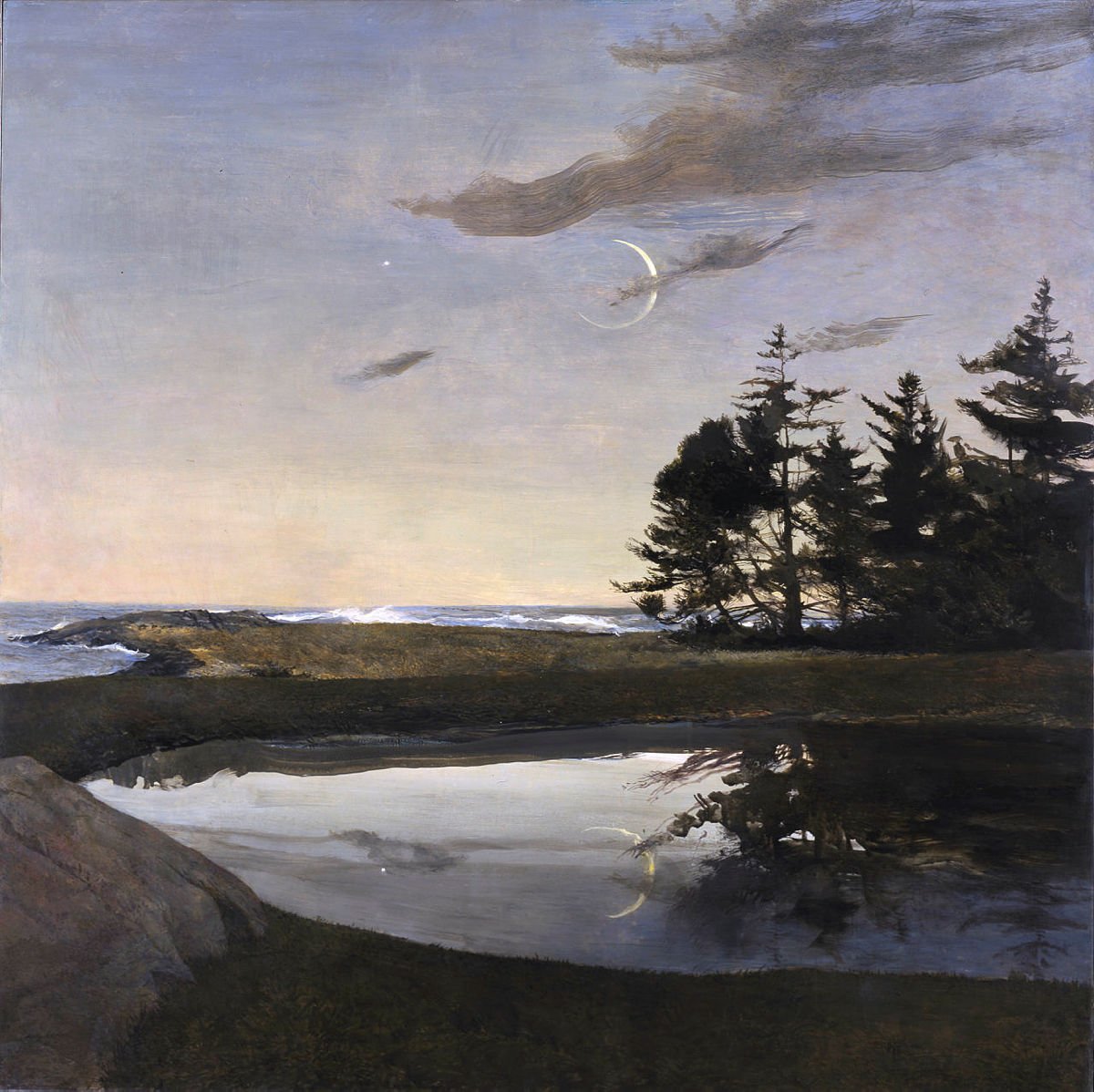
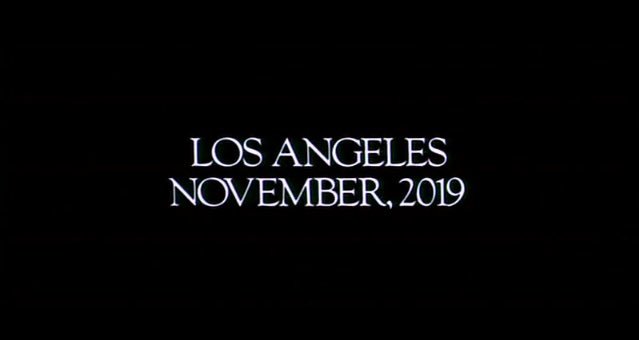


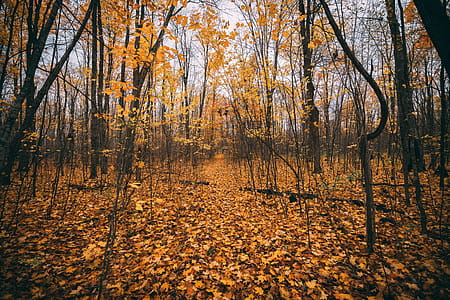




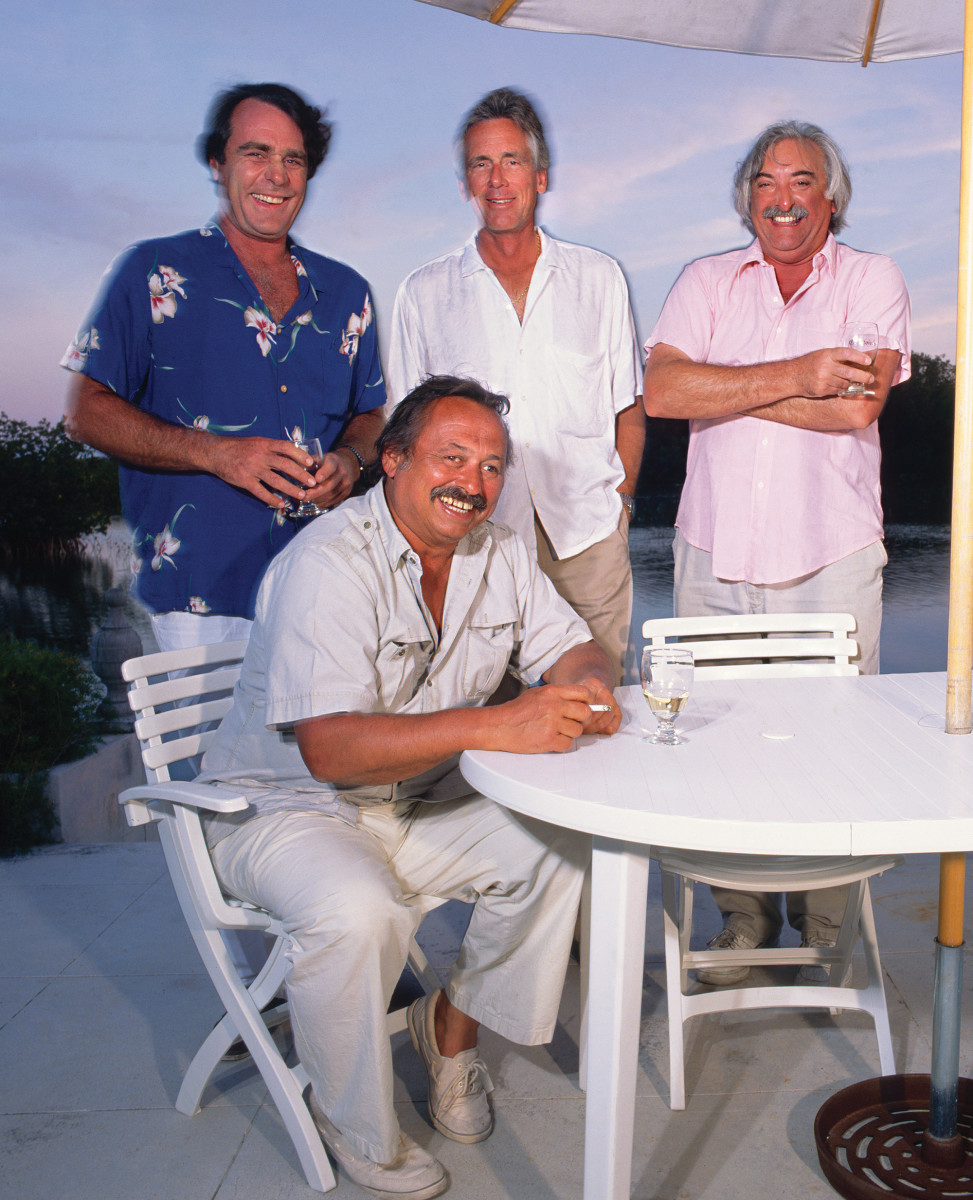


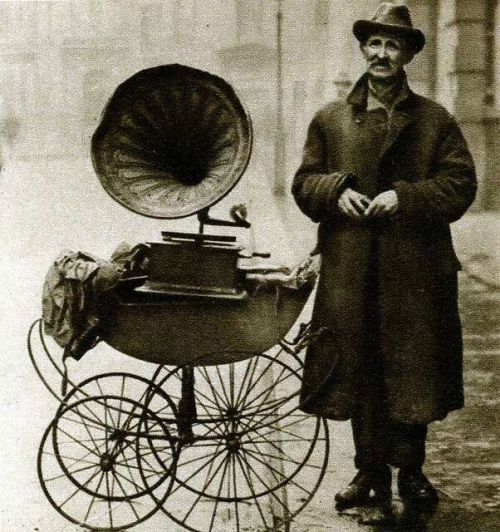

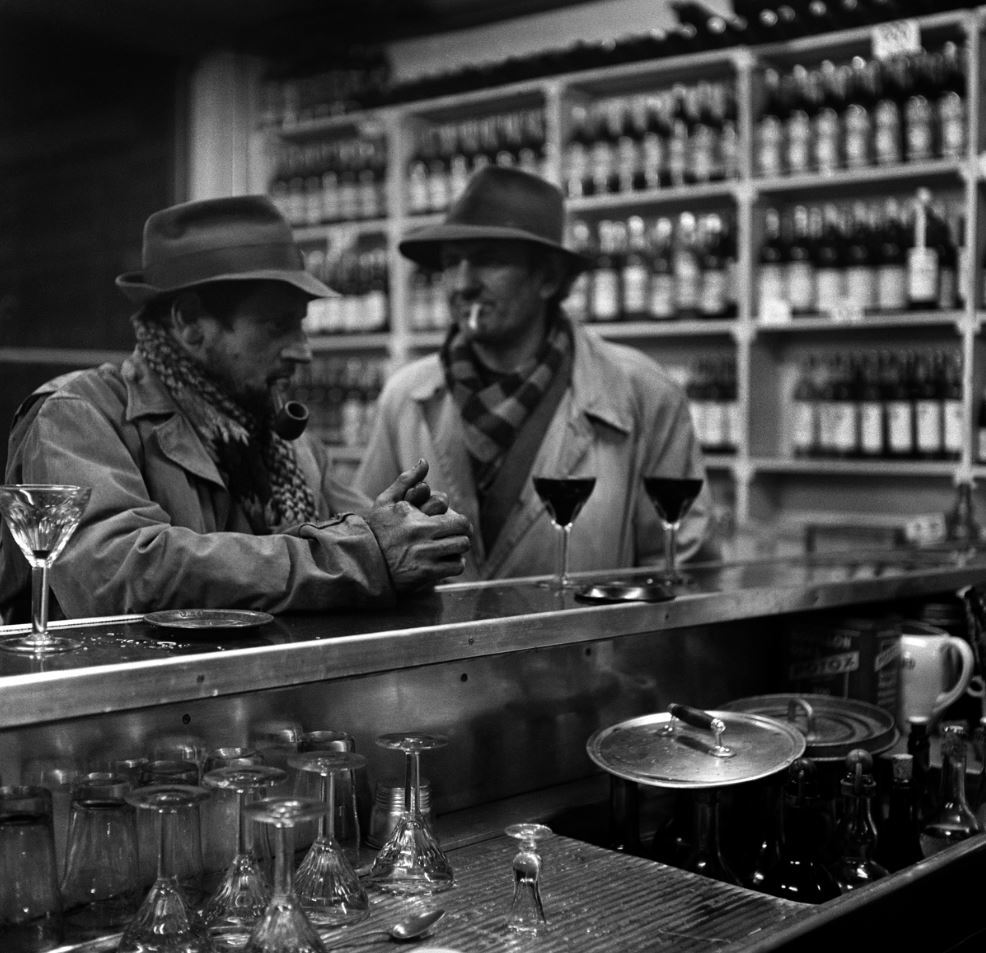
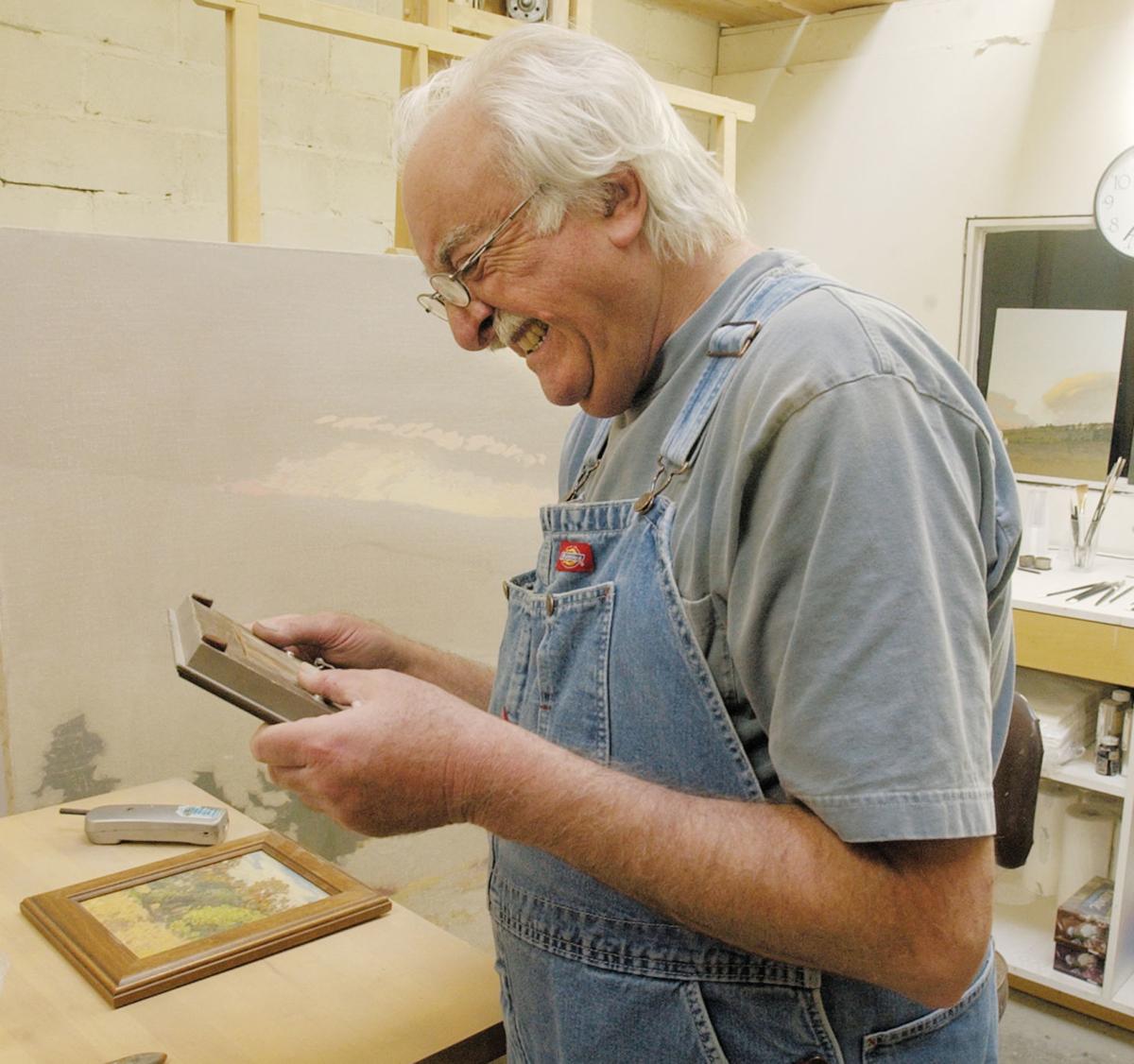

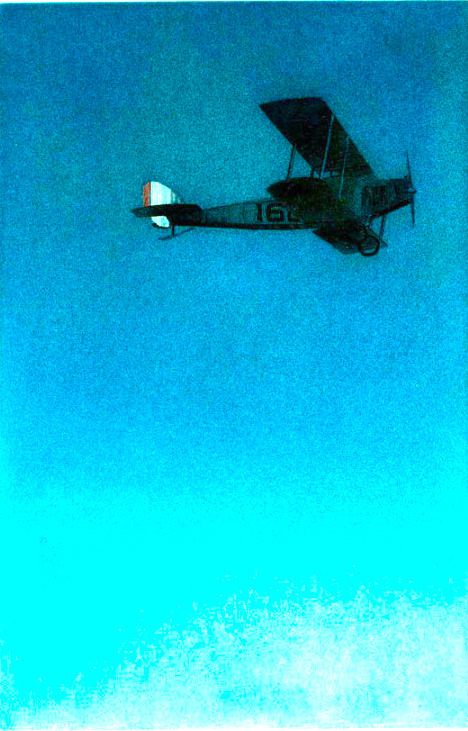

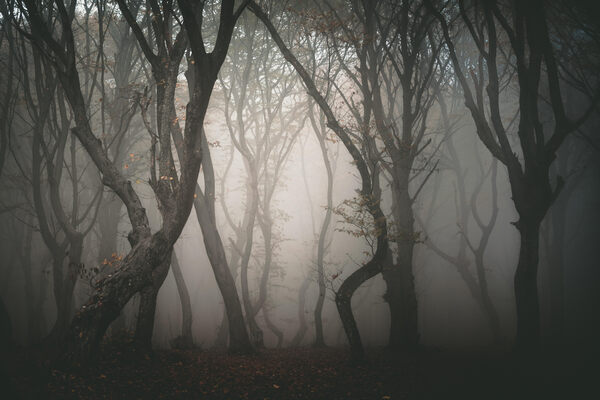
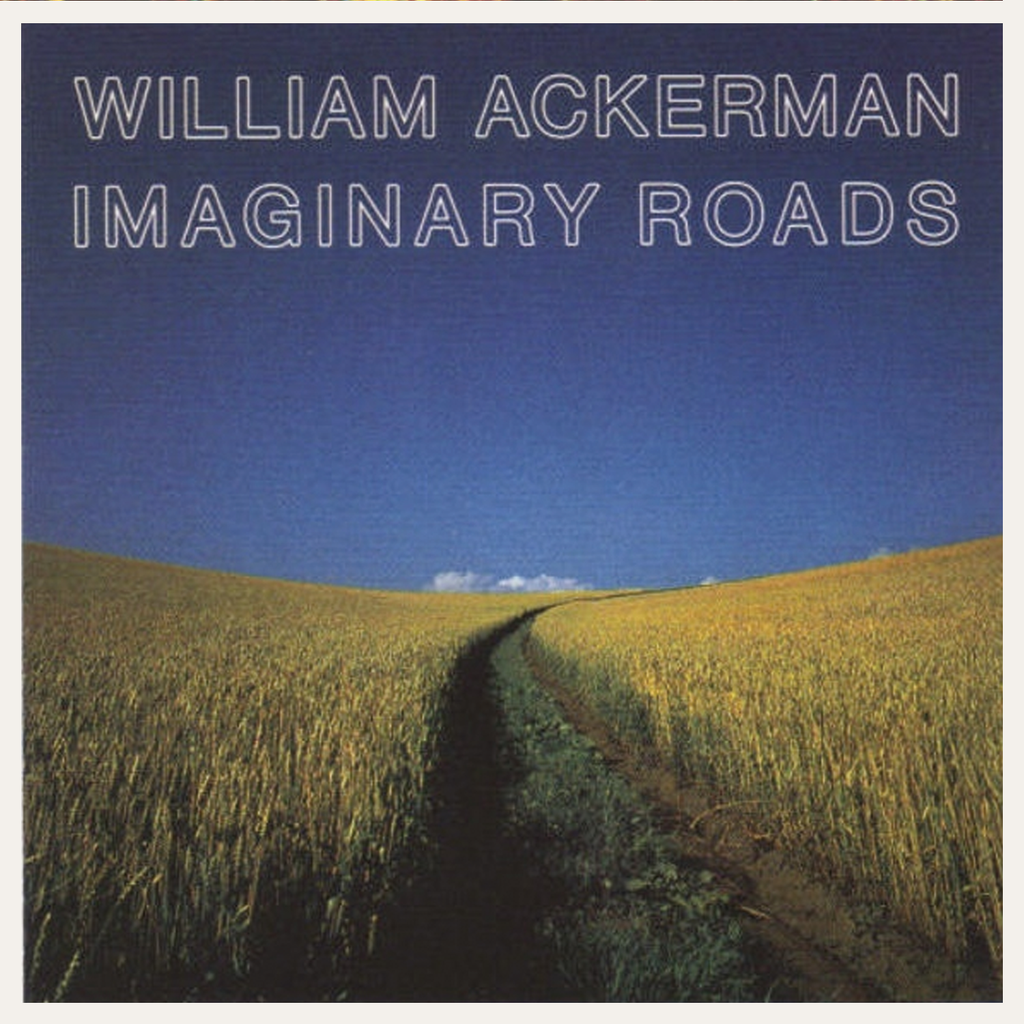
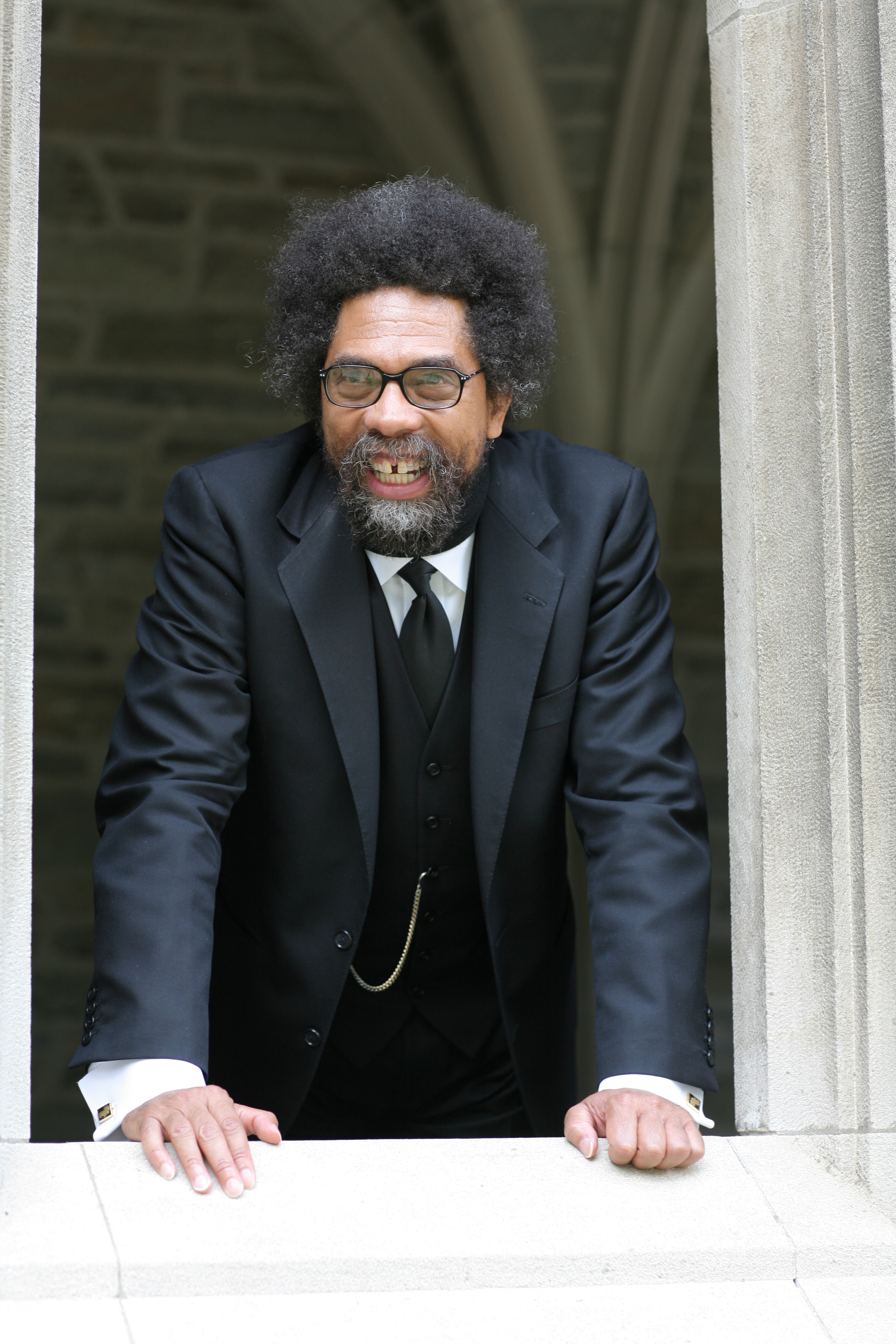


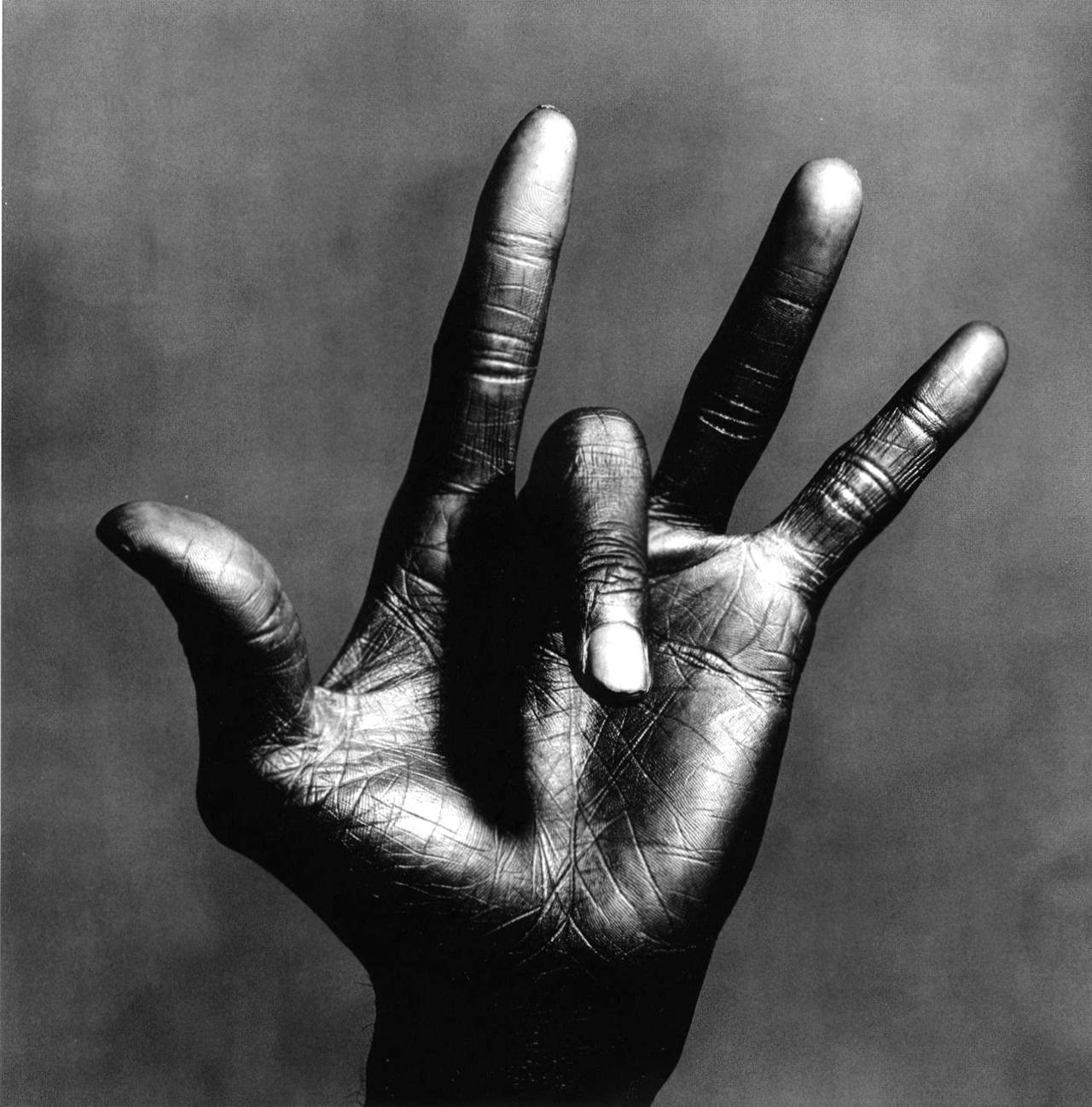



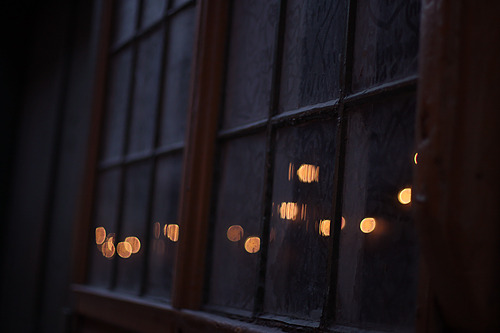
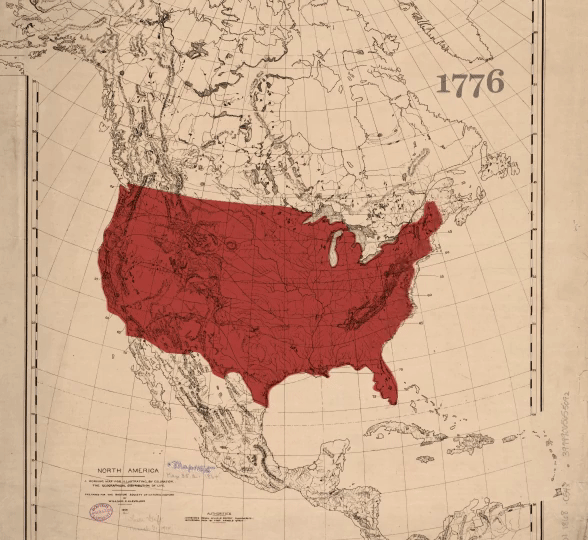

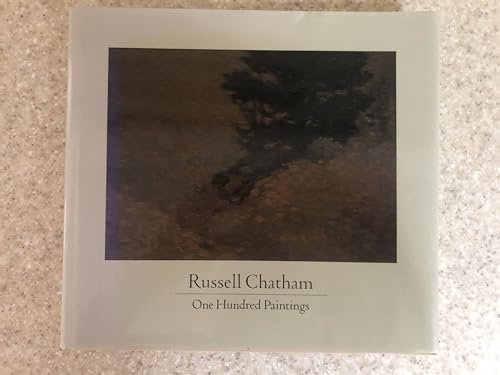

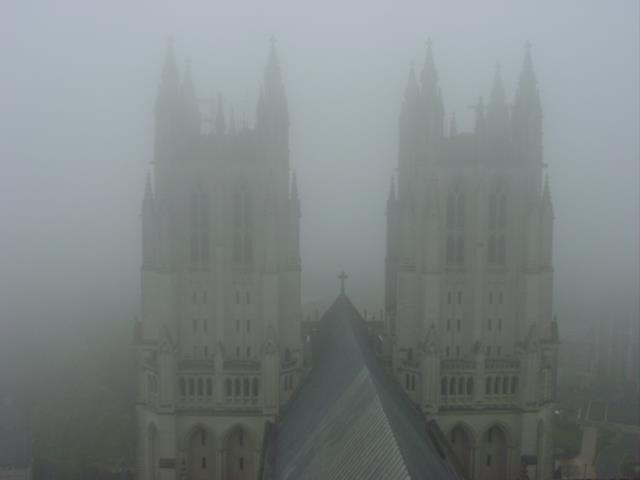


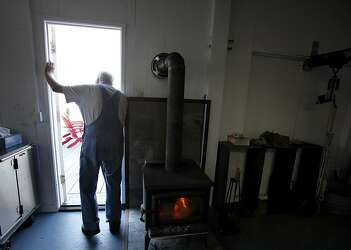

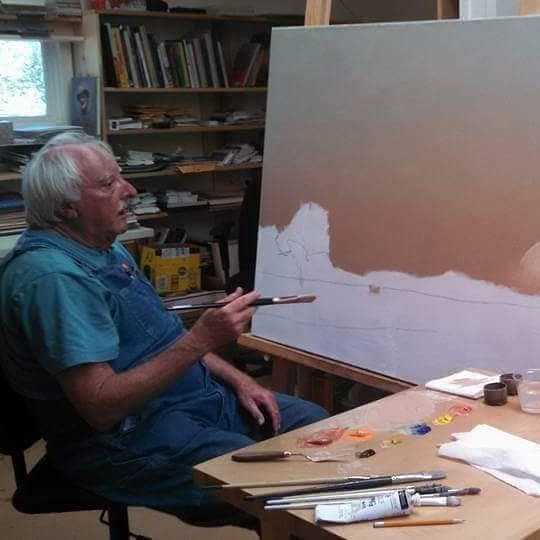
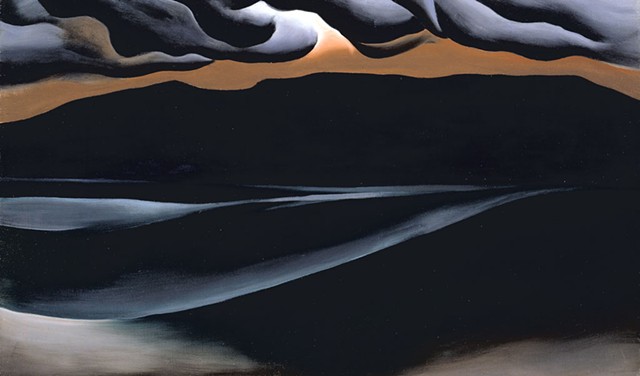
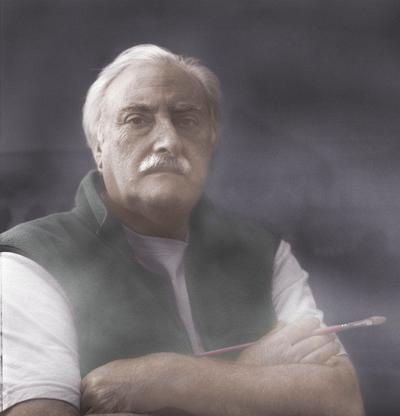

.jpg)
